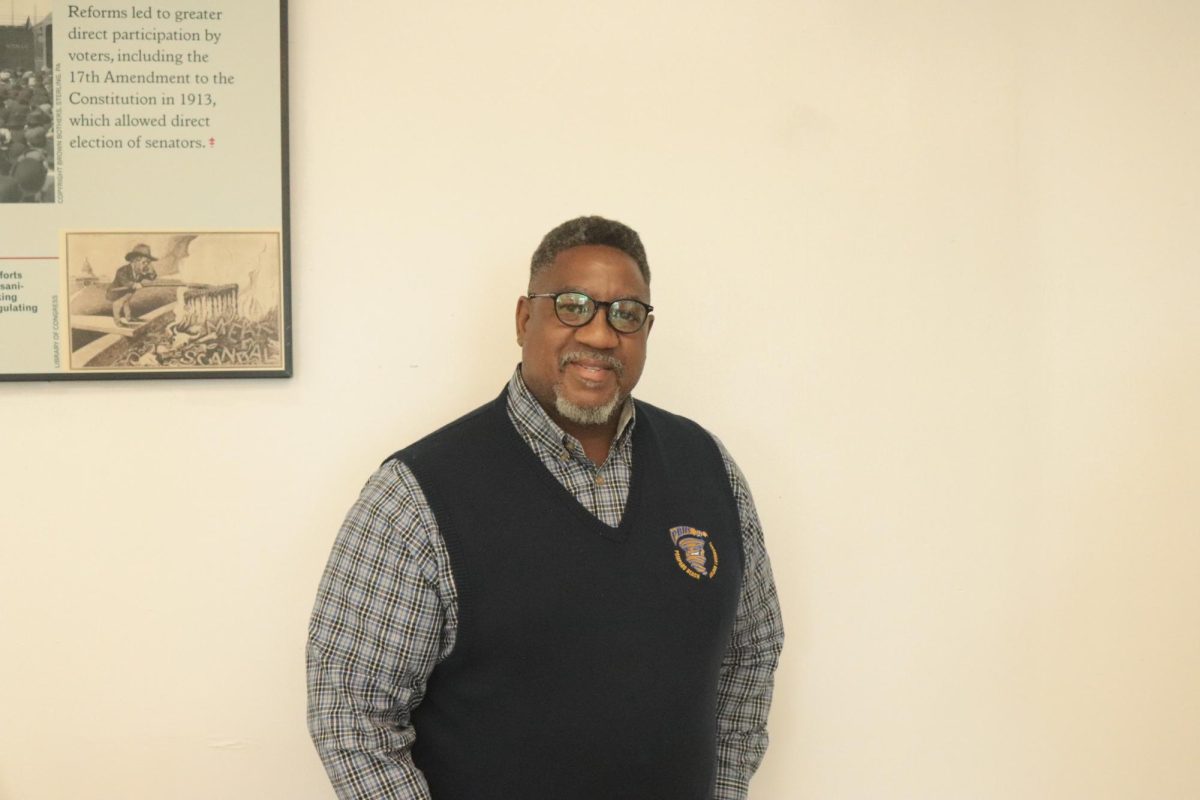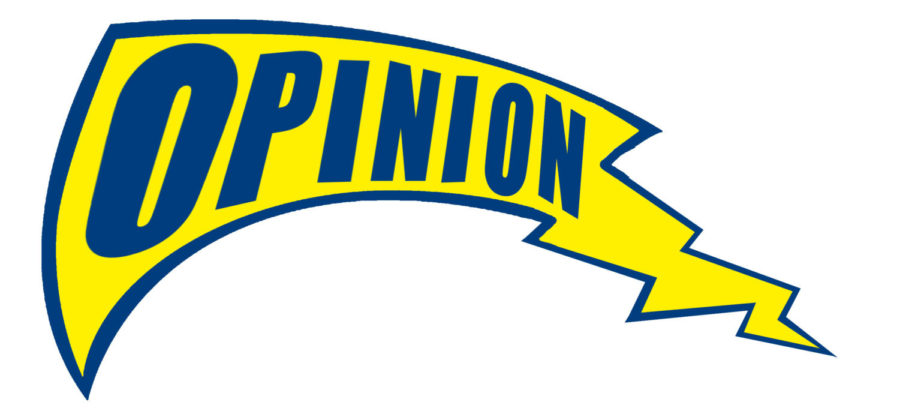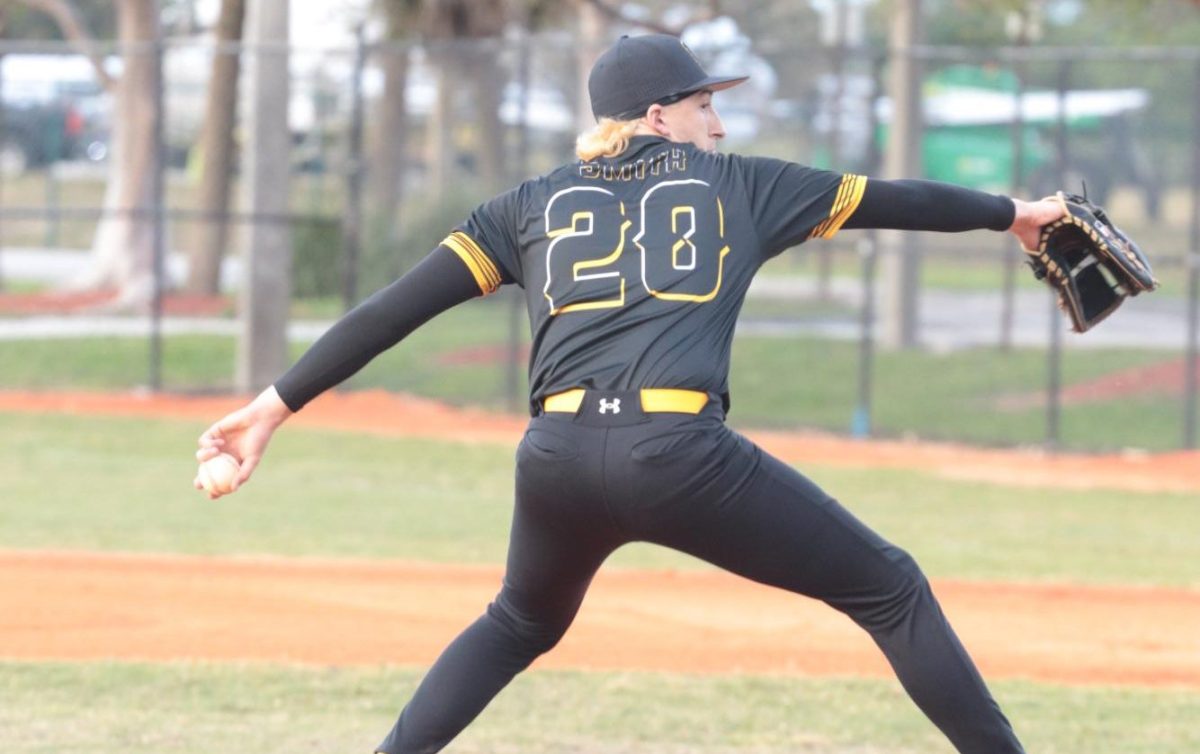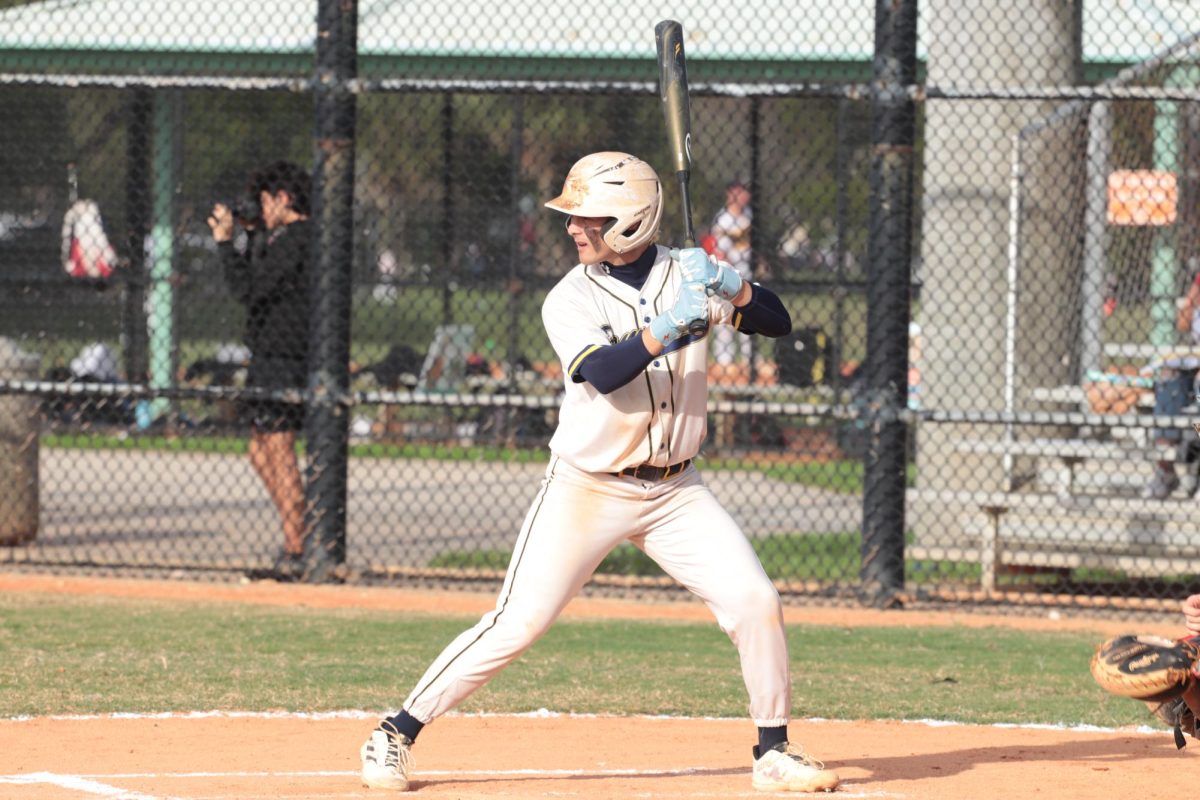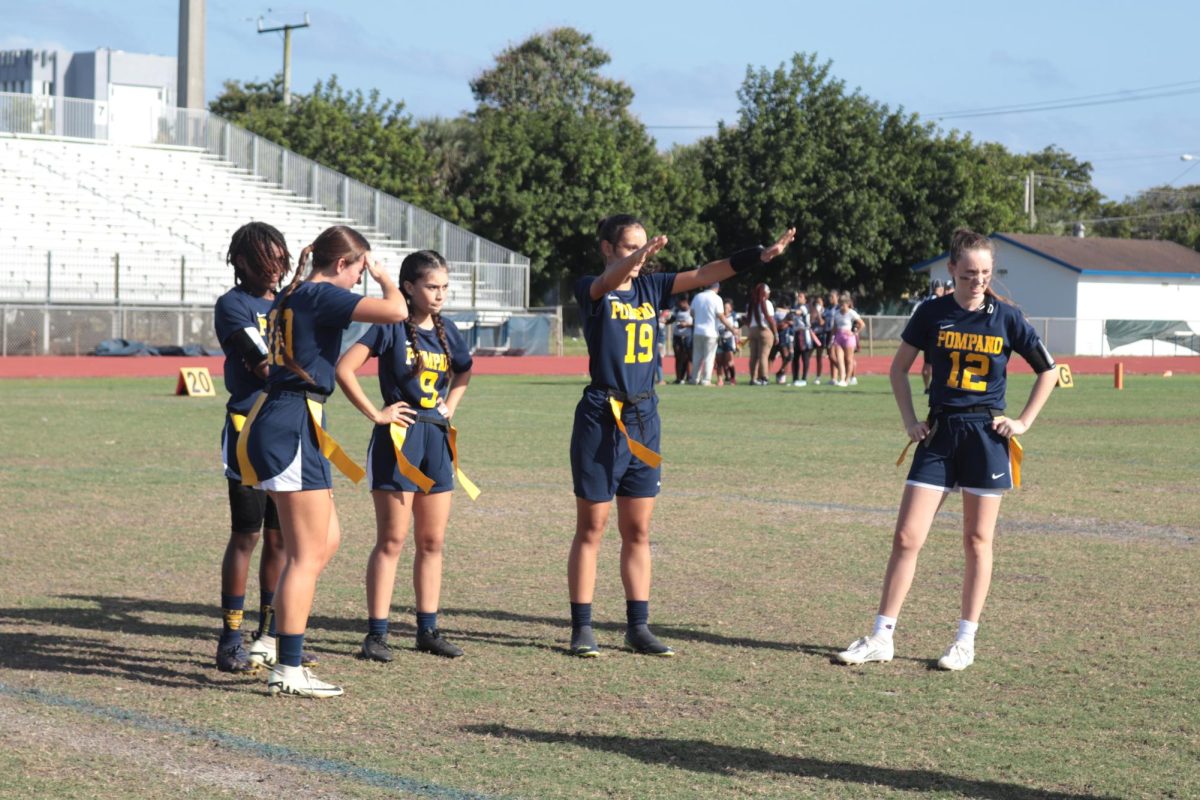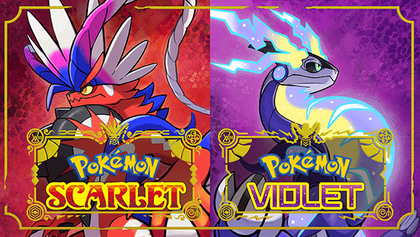‘Free speech’ should protect student journalism, not hate speech
December 20, 2022
“Free Speech is dead”. Or at least that is what tech billionaire and Twitter-owner Elon Musk said before a wave of scandals hit his company and its platform. Typically, the death of free speech is over exaggerated.
The death of free speech would mean a complete government censorship on all forms of media, with propaganda and fake news running rampant throughout a society. What Elon Musk and his followers refer to as free speech is the ability to say whatever hateful comments they want with little to no repercussions. Hateful speech isn’t something that should be promoted under the guise of “giving power to the people.”
Not only is Twitter giving a rise to more hateful speech on the platform, but it is also digging itself in a ditch. In a business where the customers are corporations and the product is the social media user, what the consumer values most in this instance is brand safety. No brand wants to be advertised under a post containing hateful speech or graphic content. Instead, they would rather have a website that has content that is unique, high quality, or at the very least, just safe for the average user.
What Elon Musk wants for free speech is allowing hateful content to be on his platform. We saw a very recent example of this hateful speech when Kanye West, the popular rapper responsible for “Graduation” and “My Beautiful Dark Twisted Fantasy,” tweeted multiple anti-Semitic messages. Even though he was banned later due to the public outcry, it is a shameful outlook on Twitter that Kanye wasn’t suspended by the platform sooner.
What should be given more free speech rights is journalism. In this country, while afforded many rights, journalists have to constantly deal with hoops to be able to report information. For instance, whistleblowers are very heavily persecuted nowadays, despite the fact that these whistleblowers play a crucial part in our democracy. Without these whistleblowers, the checks and balances of our society could run rampant without fear of journalists being able to report on these issues.
Edward Snowden, a National Security Agency whistleblower who leaked how the United States was illegally collecting data from millions of U. S. citizens and from other countries, was persecuted. Despite the fact that these systemic injustices were revealed, the whistleblower got charged with a crime. It makes it harder for journalists to report on information when these free speech rights get taken away.
The real kick however, is that student journalism continues to suffer under restrictive interpretations of the First Amendment. In Hazelwood School District v. Kuhlmeier, the ruling in this case severely limited the power of student journalism. All across the country, real issues often do not get the spotlight because of the limited protections afforded to student journalists. Student journalists should get more of the say of what gets published in their newspapers. If we can’t trust young adults to write about our problems in society, how can we trust adults to write about problems in our society as well.
Free speech needs a rebrand. When we say free speech, it should be free speech in journalism. Not free speech because people want to say hurtful and detrimental things to others.






